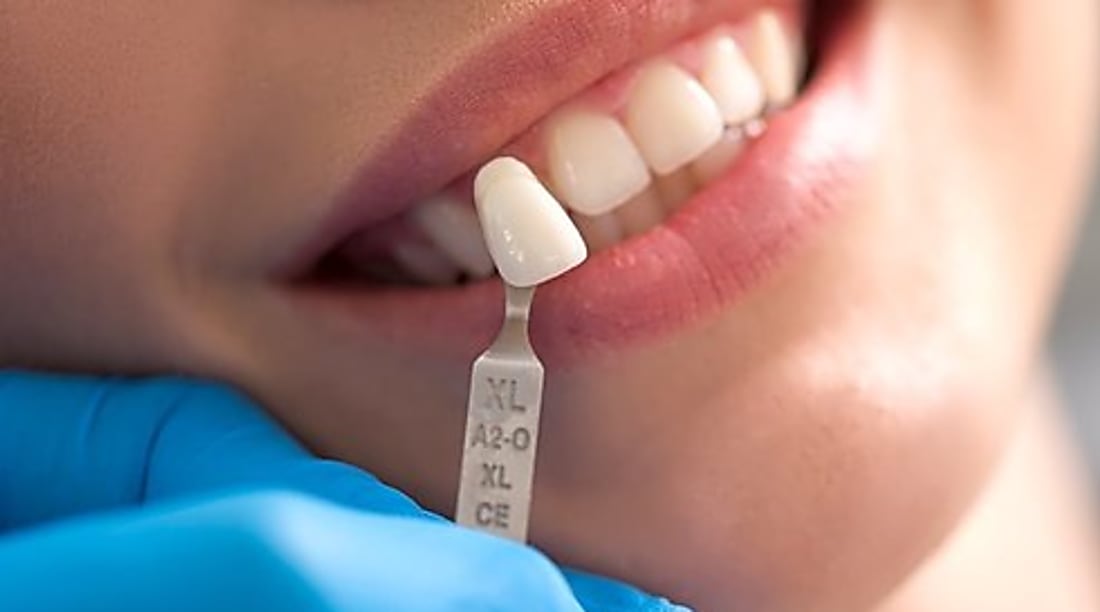The Cost and Benefits of Dental Implants: A Comprehensive Guide
Dental implants have revolutionized the field of restorative dentistry, offering a long-lasting solution for missing teeth. These artificial tooth roots, typically made of titanium, are surgically placed into the jawbone to support replacement teeth. As more people consider this option, questions about dental implant costs, especially for seniors, have become increasingly common. This article will explore the various aspects of dental implants, including their benefits, the implant process, and the factors that influence their price.

What are dental implants and how do they work?
Dental implants are small, screw-shaped posts that serve as artificial tooth roots. They are surgically inserted into the jawbone, where they fuse with the natural bone through a process called osseointegration. This creates a sturdy foundation for attaching replacement teeth, such as crowns, bridges, or dentures. The implant itself is not visible once the procedure is complete, as it lies beneath the gum line. The visible part is the prosthetic tooth, which is custom-made to match the color and shape of your natural teeth, ensuring a seamless blend with your smile.
What are the benefits of choosing dental implants?
Dental implants offer numerous advantages over traditional tooth replacement options:
-
Improved appearance: Implants look and feel like natural teeth, enhancing your smile and facial structure.
-
Better functionality: Unlike removable dentures, implants allow you to eat, speak, and laugh without worry of slippage or discomfort.
-
Long-lasting solution: With proper care, dental implants can last a lifetime, making them a cost-effective option in the long run.
-
Preservation of bone health: Implants stimulate the jawbone, preventing bone loss that often occurs with missing teeth.
-
Increased confidence: The stability and natural appearance of implants can boost self-esteem and improve quality of life.
Are dental implants suitable for seniors?
Dental implants can be an excellent option for seniors looking to replace missing teeth. Age itself is not a determining factor for implant candidacy. Instead, overall health, bone density, and oral hygiene practices play more significant roles. Many seniors find that implants offer advantages over traditional dentures, such as improved comfort, better chewing ability, and reduced bone loss.
However, certain health conditions common in older adults, such as diabetes or osteoporosis, may affect the success of implants. It’s crucial for seniors to consult with a dental professional to determine if they are good candidates for the procedure. In some cases, additional treatments like bone grafting may be necessary to prepare the jaw for implant placement.
What is the process for getting dental implants?
The dental implant process typically involves several steps:
-
Initial consultation and planning: Your dentist will evaluate your oral health, take X-rays, and create a treatment plan.
-
Preparatory procedures: If necessary, tooth extractions or bone grafting may be performed.
-
Implant placement: The titanium implant is surgically inserted into the jawbone.
-
Healing period: The implant fuses with the bone over several months.
-
Abutment placement: A connector is attached to the implant to hold the new tooth.
-
Crown attachment: A custom-made crown is placed on the abutment, completing the restoration.
The entire process can take several months to a year, depending on individual healing times and the complexity of the case.
What factors influence the cost of dental implants?
Several factors contribute to the overall cost of dental implants:
-
Number of implants needed
-
Location of the implant in the mouth
-
Need for preparatory procedures (e.g., bone grafting)
-
Type of implant and materials used
-
Dentist’s experience and location
-
Laboratory fees for custom prosthetics
It’s important to note that while the initial cost may seem high, dental implants often prove to be a cost-effective solution in the long term due to their durability and low maintenance requirements.
How much do dental implants typically cost?
The cost of dental implants can vary significantly based on individual needs and circumstances. Here’s a general overview of dental implant costs in the United States:
| Procedure | Average Cost Range |
|---|---|
| Single Tooth Implant | $3,000 - $5,000 |
| Multiple Tooth Implants | $6,000 - $30,000 |
| Full Mouth Implants | $30,000 - $50,000+ |
| Additional Procedures (e.g., Bone Grafting) | $250 - $3,000 |
Prices, rates, or cost estimates mentioned in this article are based on the latest available information but may change over time. Independent research is advised before making financial decisions.
It’s worth noting that dental insurance coverage for implants has improved in recent years, with some plans offering partial coverage. Additionally, many dental offices offer financing options to help make implants more affordable.
When considering the cost of dental implants, it’s essential to compare them with the long-term expenses of alternative treatments. While options like dentures or bridges may have lower upfront costs, they often require more frequent replacements and adjustments, which can add up over time.
In conclusion, dental implants represent a significant advancement in tooth replacement technology, offering a durable and natural-looking solution for missing teeth. While the cost can be substantial, many patients, including seniors, find that the benefits of improved oral health, functionality, and confidence outweigh the initial investment. As with any medical procedure, it’s crucial to consult with a qualified dental professional to determine if dental implants are the right choice for your specific situation and budget.




